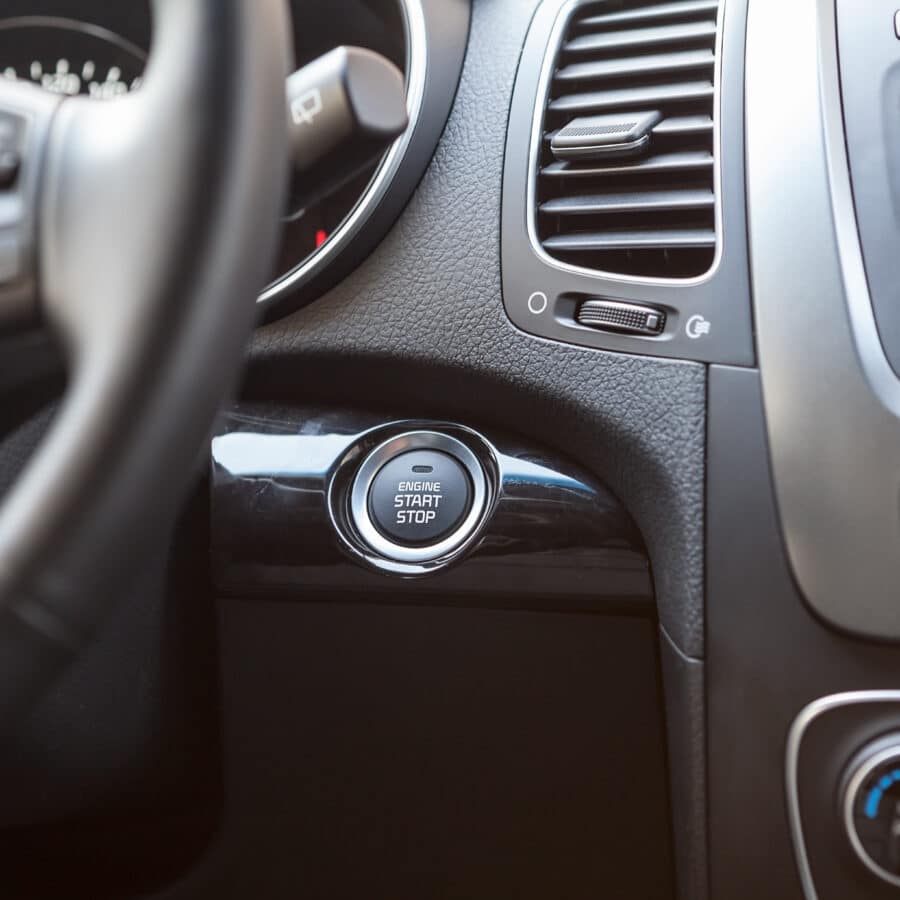When a multi-ton vehicle rolls away, the results can be tragic and even fatal. Rollaways can be caused by, among other things, defective parts, keyless ignitions that make it hard to tell the car is still turned on, and poorly designed cars that don’t account for actual, real-world human behavior and habits.
The death of actor Anton Yelchin, who played Chekov in the rebooted Star Trek series, was the first to draw attention to the issue. He thought his 2015 Jeep Grand Cherokee was in park and got out and walked behind it. When it started to roll, it pinned him to a mailbox pillar and security fence in his driveway.
Cars with automatic transmissions that make it harder for drivers to tell whether they have put the car into park have been the subject of recalls and safety investigations. Newer electronic transmissions vary by model in how they work, which can confuse drivers. Jeep recalled models, including the type Yelchin was driving.
Sometimes, defective parts cause the rollaways, as was the case of a family with young children.
One of the children accidentally knocked the gear out of park and the car rolled and crushed the child’s sister to death.
A faulty part made it too easy to accidentally put the car into gear. The brake shift interlock system is supposed to prevent a car from moving out of park unless the brake is depressed, but the solenoid – a pin that is a key part – was defective, said Alex Gillen, a partner at Newsome Law, P.A., which came to a confidential settlement against the auto maker.
The rollaway problem is broader than just a pin.
The National Highway Traffic Safety Administration opened investigations into rollaway problems with Fiat Chrysler Durango and Ram models and with some Jaguars and Land Rovers.
NHTSA warns that if a car is left on, a child or someone else can accidentally shift the car out of park, leading to a rollaway. Keyless ignition systems can exacerbate the risk because drivers can exit a car with their key fob without realizing they haven’t turned it off. About half the cars sold in the U.S. each year now have keyless ignition.
Safety advocates have pushed legislation called PARK IT (Protecting Americans from the Risks of Keyless Ignition Technology), which would require that cars have safety features to prevent movement when the car is not in park but the door is open or the driver is not buckled in.
“It’s a really simple fix that is incredibly cheap,” said Newsome Law, P.A. partner Frank Melton.
The bill also aims to reduce carbon monoxide poisonings from cars accidentally left running in closed garages by requiring vehicles to automatically shut off after a certain period of inactivity.
The legislation has languished in the Senate Commerce Committee despite support from various safety groups, who have criticized the National Highway Traffic Safety Administration for not taking action to force carmakers to put in safety overrides.
“New technology in cars should make our lives safer, better, and easier. If manufacturers can remove the need for keys to start our cars they can also remove the possibility that our cars will poison us or roll over us when we exit the vehicle, as has already happened far too often. The PARK IT Act will mandate NHTSA fix these potentially fatal flaws in cars with keyless ignitions,” said the Center for Auto Safety Executive Director Jason Levine.
If you have questions about this topic or need assistance filing a rollaway claim, Newsome Law, P.A. can help. Contact us at 1-888-380-2809.


